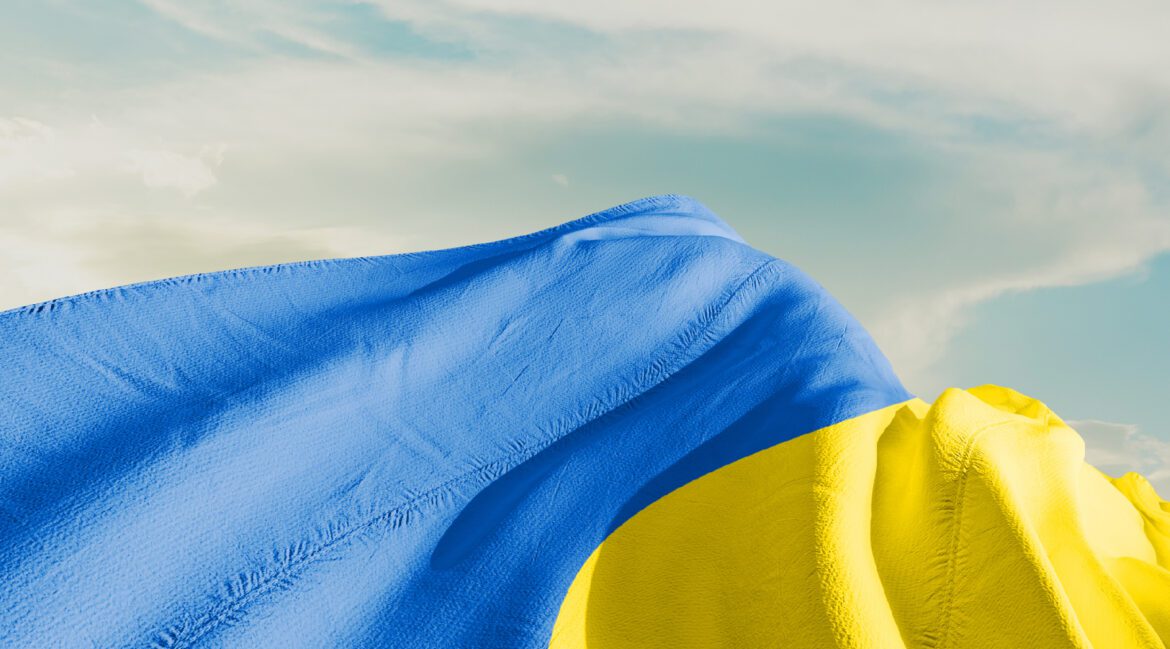Life provides a contrast between the highest of highs and the lowest of lows. It is through this contrast that we experience what it means to love fully, especially in times of suffering. Like the ravages of war on the land, trauma can leave deep emotional scars that often linger long after the event has passed, and it is through acts of selflessness and compassion that the human spirit shows its remarkable capacity for resilience. When we give back to others, the best parts of ourselves come out. By giving others a sense of hope on a dark day, we spread light and heal our own scars.
“Trauma creates change you don’t choose. Healing is about creating change you do choose.” – Michelle Rosenthal
As we witness the starkest images of human brutality in Ukraine, we are reminded how fortunate we are. The trauma experienced during times of war is a deeply distressing consequence of armed conflict. It affects individuals, families, and entire communities, the effect of which can be profound and long-lasting. It can leave physical, emotional, and psychological scars that persist for years, even generations.
War often brings immense loss, including the death of loved ones, the destruction of homes and communities, and the displacement of families. Children have also been particularly vulnerable to the traumas of war. Not only have many been separated from their families, but many have also been recruited as soldiers and witnessed violence and death at a young age. The grief and mourning that follows can be overwhelming, and many individuals struggle to come to terms with their losses.
Beyond grief, another one of the most immediate effects of the Ukrainian conflict has been physical. Beyond just the suffering from gunshot wounds, shrapnel injuries, burns and amputations, many have lost both their homes and loved ones due to the violent nature of war.
“To live in the body of a survivor is to never be able to leave the scene of the crime. I cannot ignore the fact that I live here.” – Blythe Baird
Many survivors are forced to flee their homes in search of safety, leading to mass displacement and the emergence of refugee populations. The survivors often endure traumatic journeys, facing violence, deprivation, and uncertain futures. Rebuilding a life in a foreign land can often be challenging and can compound and extend the suffering felt.
The Healing Power of Altruism and What you Can do to Help
Survivors can and often do live in your backyard or your community. A simple online search or a visit to local shelters can yield results on how you can help explore ways to give back providing you with a renewed sense of purpose. Trauma often leaves survivors feeling helpless or disconnected from the world. When you engage in simple acts of kindness and service, it can be a tremendous help.
Mentoring or sponsorship is another way to give back. Trauma can lead to feelings of isolation and distrust in others. Volunteering or helping those in need fosters social connections and a sense of community. The bonds formed through altruistic actions can help rebuild trust and provide a support system. When you contribute to the well-being of others, it helps boost the confidence and self-esteem of survivors of trauma as they struggle with feelings of guilt, shame, or worthlessness as well as your own sense of purpose and meaning in life.
Trauma is a profound and often life-altering experience, but it does not have to define one’s future. Healing through giving back can be a transformative journey that not only helps survivors overcome their trauma but also allows them to make a positive impact on the lives of others. The act of altruism fosters a sense of purpose, connection, and empowerment, all of which are essential components of the healing process. By reaching out to others in need, individuals can find healing, hope, and resilience in the face of adversity.

